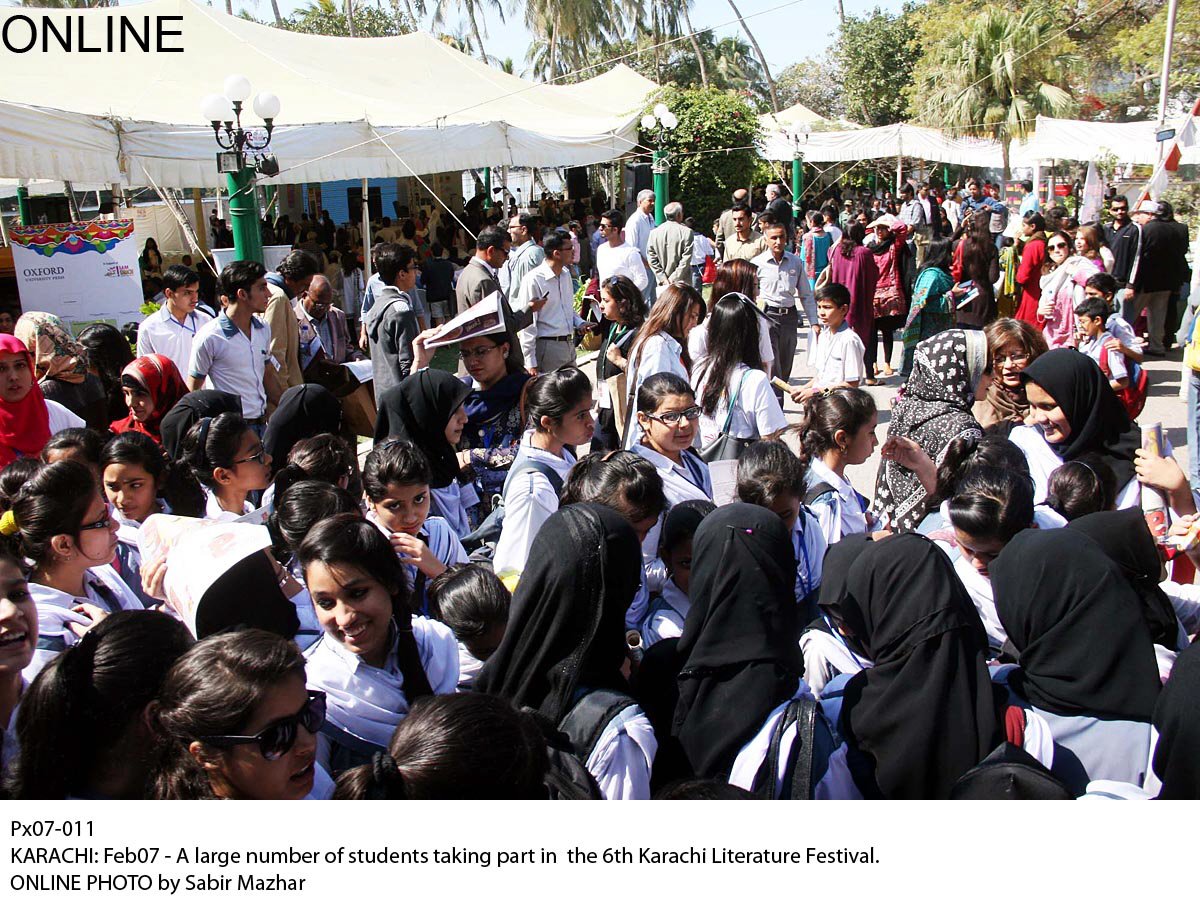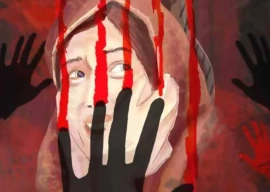
The panel for the topic ‘The World As The Author sees It’ could not have comprised a more able participation; the moderator, professor Sarah Humayun, could not have started off the session on a better note as she opened up the conversation, mystified. “The author must see the world so what do we take from this subject? Is it the concept of the death of the author in literature to which we need to address?” she asked.
Preston, optimistic and hopeful, said in recent times there had been a blurring of the lines between fact and fiction; a novel was an author’s way, in fact ‘duty’, to provide a framework or understanding to a chaotic world, so how could it die?
“As a novelist, we try to put aside the ‘they vs them’ ideology. Instead of reflecting on the works of an author as a single-minded representation, there needs to be a state of openness from the readers and not pin it down to a state of one reality.”
With a similar conviction, author of Goat Days, Benyamin, lunged in. The south Indian, whose novel is based on a man’s suffering in the deserts of Saudi Arabia after being kidnapped, said he came into writing for one main purpose: to give a voice to those who haven’t been represented, whose living conditions, poverty and misery need to be heard.
“As a fiction writer I will not reflect life as it is because you need to add colour, turning real life to another life, but the truth needs to be told, and this requires courage.”
And on cue, author Mohammed Hanif and columnist Aakar Patel picked up from this and brought their version of reality crashing down on the audience.
Hanif, who believes writing is a ‘life-long journey that will kill you one day’, hinged the subject on journalists, a community scared, rather terrified in Pakistan to report in this day and age.
“Stories hurt people, it’s that simple,” said Hanif. “This is what journalists think now: ‘let someone else do it, why should I put my life on the line’.
“So if these people are afraid and four million people in central London can’t stop a war, what are we to do?”
Patel echoed Hanif’s sentiments that there was resistance not only from the leaders but the society itself which needed to be addressed. “It’s our responsibility to look at the audience and not the stage, but why resort to fiction when there are stories in front of you? It’s as if you’re running away from the truth, from the reality of our world.”
Quotes:
Preston: Novels can be a prophetic instrument, wisdoms of ambiguity
Patel: Writing is a trade. You take up a small task and do the best you can



1722415155-0/BeFunky-collage-(18)1722415155-0-165x106.webp)
1717051338-0/BeFunky-collage-(76)1717051338-0-165x106.webp)












COMMENTS
Comments are moderated and generally will be posted if they are on-topic and not abusive.
For more information, please see our Comments FAQ